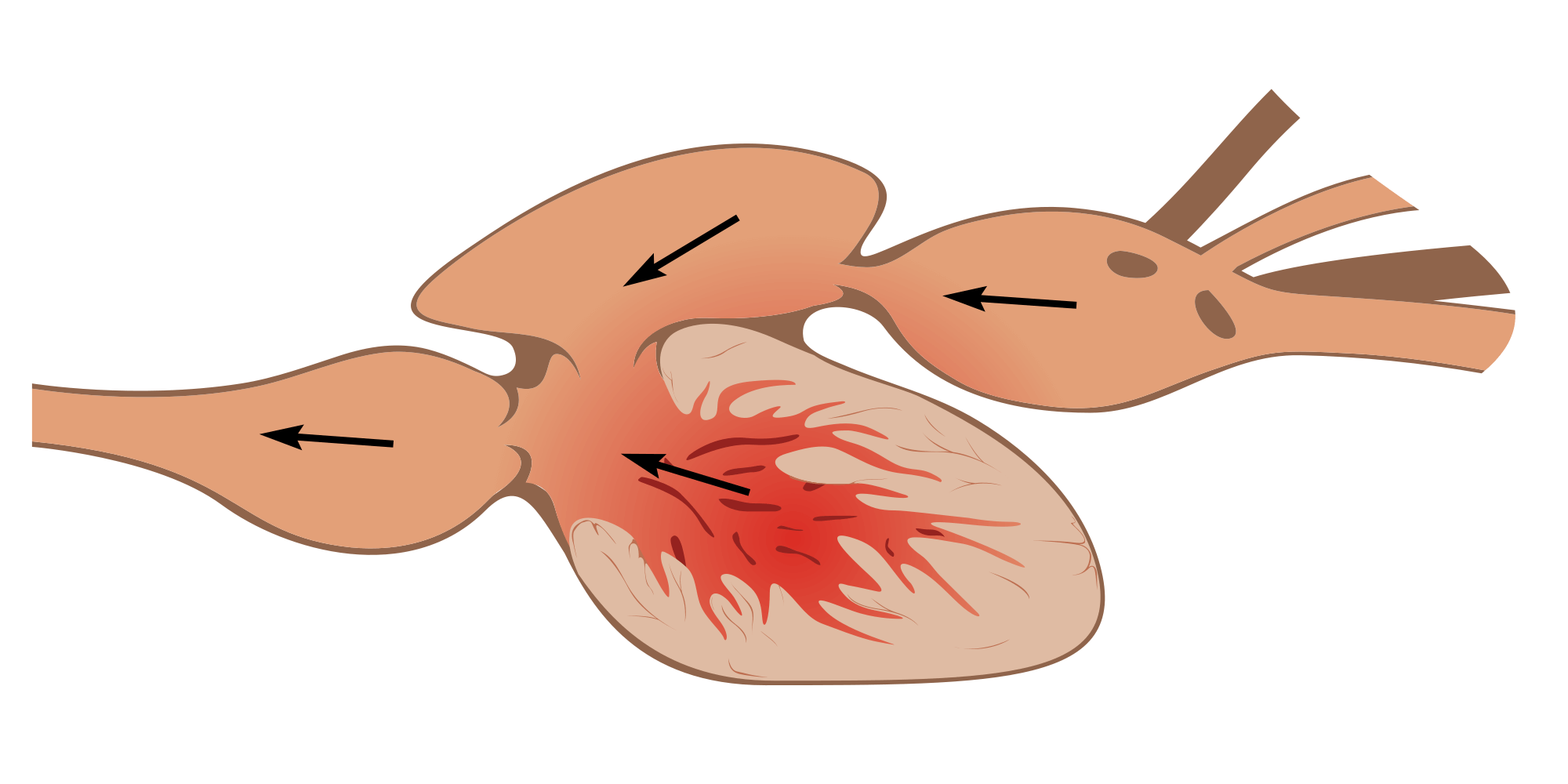I submitted the following to the editors at The Economist. I included the article link herein.
The “High Steaks” article (The Economist, April 13th) citing hardening of the arteries, intestinal bacteria and TMAO is worthy of praise and especially for Dr. Hazen who has tackled vexing microbiome variables. As someone who suffered two years with an undiagnosed hospital-acquired infection and has since performed meticulous research on bacterial biofilms, I noted the author’s syllogism that Hazen’s study reminds us of medical science’s failure to account for our “bacterial guests.” The reasons for these failures are now obvious in this author’s view.
The microbial disease paradigm shifted decades ago in all the life sciences, with the unfortunate exception of medicine. All other life sciences have embraced a unifying knowledge of microscopic biofilm communities existing within nature, man and beast. Despite intellectual schisms between fields of medical specialties, these truisms have fostered medical innovations like molecular diagnostics and vastly improved treatments in woundcare, dental, orthopedic, ENT and other specialty areas.
The standard of care in American medicine to detect infections relies upon culture-based methods which were invented 160 years ago. These methods “see” only up to six percent of all microbes that can potentially infect the human host. Since the 1980s, doctors and medical researchers published tens of thousands of studies (especially on the dental-systemic connection) which clearly identify unique dental pathogens that colonize biofilms in the heart, circulatory system and of course the gut.
We patients, doctors and policymakers can help reduce human suffering, foster innovation, boost the economy and make the world a better place. But we must embrace “modern” molecular diagnostics and biofilm therapeutics. These technologies have been leveraged for decades and formed the bedrock of innovation that has quite literally germinated the microbiome project.
Richard Longland
Founder, Arthroplasty Patient Foundation
